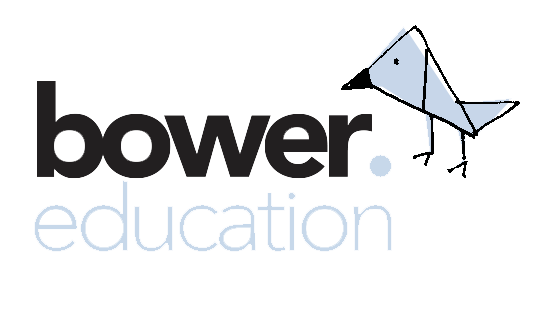
Education and learning
“The educational aim of our nursery schools and early learning centres is to cultivate the child as an ethical and participating citizen, now and in the future.”
We see children as competent and able human beings. They come to us rich with knowledge, curiosity, abilities and attitudes. Our programs are based on what we see and hear from our children – our observations of their ‘voices’ during play. These observations harness the child’s voice and through the planning and provision of responsive programs, we support a child’s natural desire to learn.
We see education and learning as a reciprocal process – as ongoing and coming from relationships with one another and the environment.
To experience learning in a group, to be engaged, to share experiences with one another and to be an active part of a loving community, all foster a sense of belonging and citizenship.
Our educators provide these experiences to nurture community ideals.
At our nursery schools and early learning centres the role of the family, as an active participant in their child’s learning, is respected and encouraged. We construct educational programs within the local context, reflecting family and community and tailoring programs unique to each nursery school and early learning centre.
We believe at Bower Education that our commitment to the Reggio Emilia approach together with embedding the national curriculum and national quality standard in all our practices, provides a quality environment, rich with respect and compassion while providing skills for lifelong learning for our children and educators.
Reggio Emilia approach
Our educational programs are influenced by the principles of Reggio Emilia, an approach which grew out of Northern Italy and is based on a vision of children as capable and strong.
The Reggio Emilia approach views children as strong, powerful and rich in potential and resources, right from birth. A child who is powerful from the moment of birth because of being open to the world can construct his or her own knowledge.
We have taken this belief and ensure that children’s contributions are valued equally with those of educators. Children and educators at our centres are both seen as educators and researches, exploring the world and relationships together to create a fun-filled and dynamic learning experience for both us and them.
National Quality Framework (NQF)
The National Quality Framework (NQF) introduced a nationally consistent approach in improving education and care in all early child education and care services in Australia.
Research clearly indicates that the early years are critical for establishing self-esteem, resilience, healthy growth and capacity to learn. Therefore, quality education and care in early childhood environments, shapes every child’s future and lays the foundation for development and learning.
The NQF includes:
National Law and Regulations
National Quality Standard
Assessment and Rating of early childhood services
National Learning Frameworks
More information can be found at: https://www.acecqa.gov.au/nqf/about
National Quality Standard
The National Quality Standard (NQS) was informed by research about best practice and the way in which high quality education and care contributes to positive outcomes for children.
The NQS includes 7 quality areas that support best outcomes for children.
Education program and practice
Children’s health and safety
Physical environment
Staffing arrangements
Relationships with children
Collaborative partnerships with families and communities
Governance and leadership
Services are assessed and rated by their regulatory authority against the NQS and given a rating for each of the 7 quality areas and an overall rating based on these results.
More information can be found at: https://www.acecqa.gov.au/nqf/national-quality-standard
Early Years Learning Framework (EYLF)
The Early Years Learning Framework is an early childhood curriculum framework, which will guide early childhood educators in developing quality and early childhood education programmes. The framework describes the principles, practice and outcomes to support and enhance young children’s learning from birth to school age, as well as their transition to school. This ensures consistency in the delivery of learning programmes around Australia.
The Early Years Learning Framework has a strong emphasis on play-based learning. The framework also recognises the importance of communication and language (including early literacy and numeracy) and social and emotional development. In addition, the framework has a focus on successful transition to formal schooling.
More information can be found below
